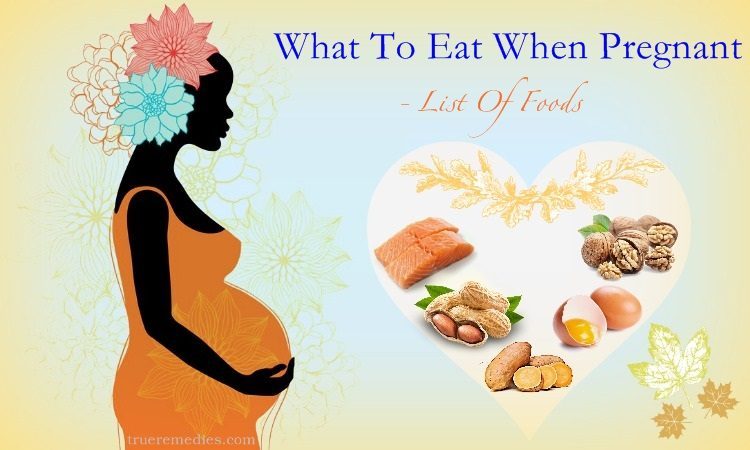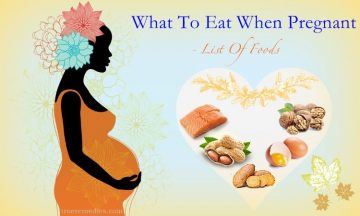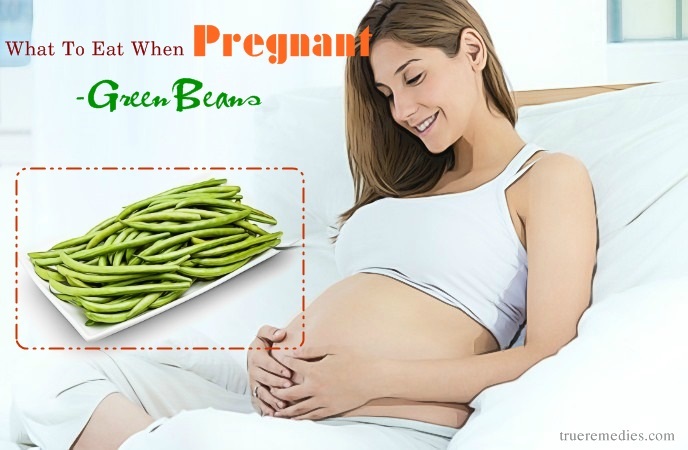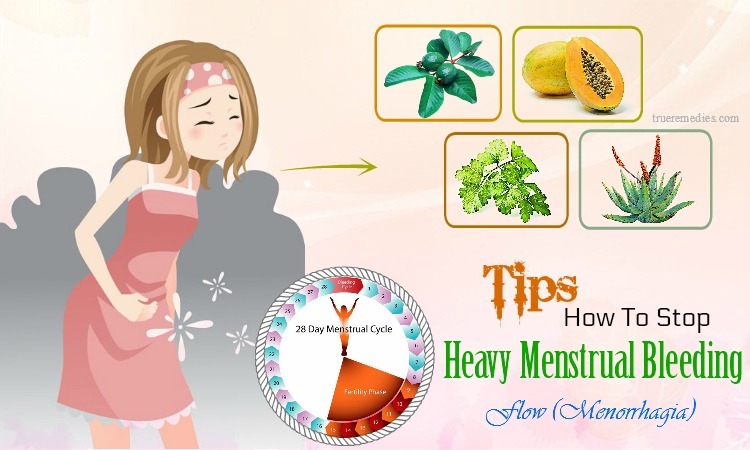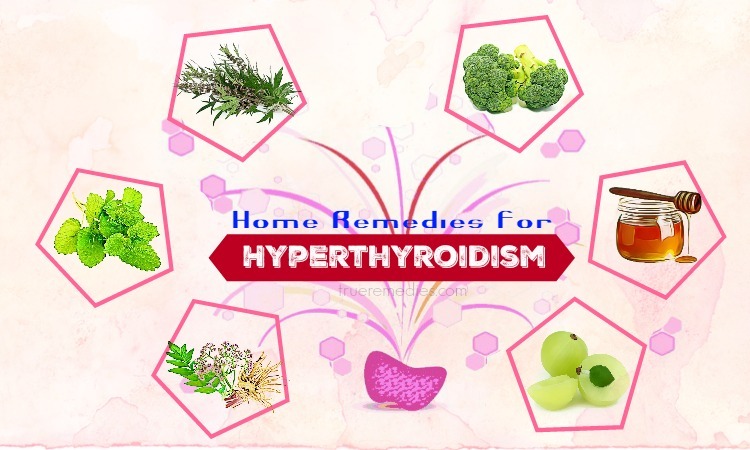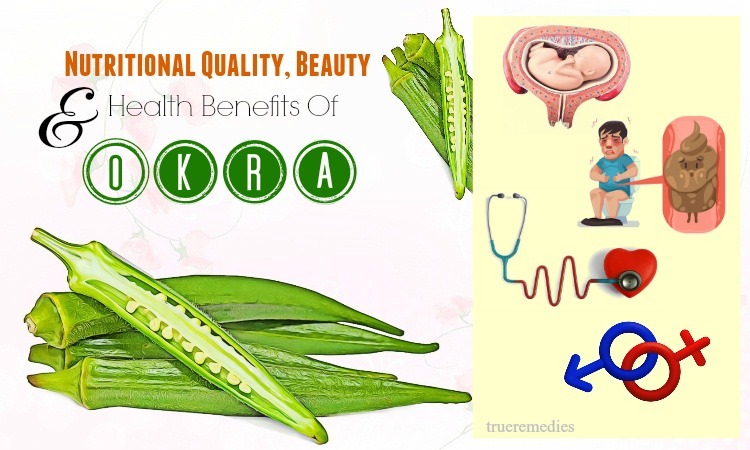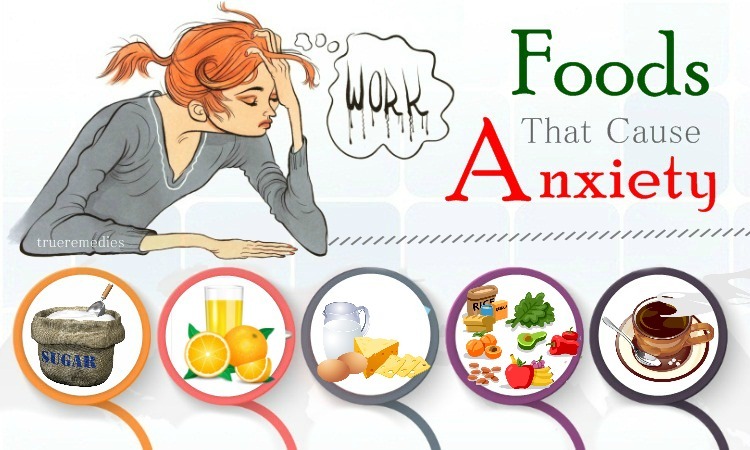Updated: 11/20/2019
Contents
Pregnancy is the surprise and happiness of many women. However, for new born first-time pregnancies, taking care of themselves, especially the diet is still a question for them. What to eat and what not to eat makes them embarrassed. Some women do not even care about their diet. These situations have resulted in their health and the health of their fetus being insecure.
The first 3 months and the last 3 months of pregnancy are very important times. Diets for pregnant women in these periods need special attention. Offering smart and scientific food choices not only helps pregnant women stay healthy, provides good nutrition to the fetus, but also reduces potential problems such as gastrointestinal infections and ligaments. I know that the reason you are reading list of what to eat when pregnant is to learn how to build a best diet during pregnancy, but before that, you had better understand some basic information about this problem. That way, you can deal with it the right way.
Pregnancy And Common Symptoms Of Pregnancy
Pregnancy is a normal physiological phenomenon. During this period, the woman's body has significant changes. The embryonic development process can cause some symptoms of pregnancy. At this point, hormone levels begin to change and the body of the women reacts to this change in hormone levels.
During pregnancy, you will often experience the following symptoms:
- Bleeding In The Vagina
When you are pregnant, vaginal bleeding may occur when the fertilized egg begins to implant the uterus before your menstrual period.
TrueRemedies Partner Solutions

Need a Help from the Leading Expert Online, Available 24/7?
They’re all here and ready to answer your questions online or by phone. Keep asking questions until you get the answer you need.
Blood is usually pink or brown and not much. About 20% of women experience this. The phenomenon of bleeding when the embryo implanted into the uterine lining does not occur massively as menstruation. This situation only occurs in 1-2 days. It is different from menstrual blood.
Some women also notice that their vaginal fluids change. This white and opaque milky fluid will also appear throughout your pregnancy and is completely harmless. However, if you notice signs of foul odor, yellow, brown or blue and bloody stools, see your doctor to make sure you have no infection or fungal infection.
- Breasts Being Soft, Painful And Bigger
This is one of the earliest and most common signs of pregnancy. Once the eggs are fertilized, the hormone levels in the woman's body change very fast. This variation can increase blood supply to the chest causing you to feel hot around the nipples.
Also, the size of the breasts increases significantly with more severe pain, but you will not be happy because the chest is swollen and painful. If you look closely, you may notice that the area around your nipples is darker than usual. When touched, you may feel your breasts soften, accompanied by a feeling of heaviness and chest pain. Your body will take a few weeks to get used to hormonal changes, and once it has been adapting, chest discomfort will disappear.
- Frequently Urinating
This is one of the early signs of pregnancy. Many women experience this symptom even before the menstrual period. This usually occurs within 7-12 days after the body temperature increases due to ovulation. Hormonal changes, especially hCG (sexual stimulation), are the cause of frequent urination.
- Increased Body Temperature
This is a normal phenomenon. Body temperature stays high until ovulation ends and remains elevated during menstruation (although you will not have periods). If you regularly monitor your body temperature, you can easily see this sign. This is an easily overlooked pregnancy sign, as you may just think that you are suffering from a cold or you are too tired.
- Loss Of Menstruation
This is one of the surest signs of pregnancy. However, menstrual periods can also be resulted from a number of other causes such as illness, stress, hormonal imbalance and food allergies or the side effects of certain medications. If your periods are regular, losing menstrual period is a sure sign of your pregnancy. You may want to know: 30 Home Remedies For Heavy Menstrual Bleeding Clots In Women.
- Nausea
A common symptom in pregnancy is nausea. With most pregnant women, the symptoms will improve after the first three months. However, for some people it is very serious and difficult to control. This situation can easily lead to dehydration, weight loss (5% or more), as well as nutritional deficiencies. Severe morning sickness can begin as early as 4-6 weeks of gestation.
For some women, this condition even continues until after the baby is born. However, for most pregnant women, this condition will improve significantly by about 20 weeks. It is often seen that pregnant women with severe morning sickness are less likely to have miscarriage. The increase in pregnancy hormones that cause nausea is a sign that their pregnancy is more stable. Although the degree of hormonal fluctuations is certain to play a role, it is not yet possible to understand the real cause of this severe morning sickness.
- Changing Eating Habits
Just like nausea, changing your taste is one of the signs that you are pregnant. While some women cannot eat anything because of nausea, some women are unable to withhold food.
- Cramp
Cramping may be a sign of a new menstrual cycle, but it may also be a sign of atypical pregnancy. If this phenomenon goes along with some other signs of pregnancy, you will have more grounds to confirm. Why are you prone to cramps when you are pregnant? Experts explain that this is the preparation for the development of the fetus in the next 9 months.
Cramping occurs because your uterus is stretched and the blood vessels in the lower body are compressed. Do not be surprised if you find that this phenomenon will follow you throughout pregnancy, because your abdomen will grow larger and put more pressure on the lower half.
- Weariness
In the first weeks of pregnancy, your body is almost crushed by constant work to provide nutrients to the fetus. Heart beats faster to boost oxygenation to the ovaries. Accompanied by that, the circulatory system must work with tremendous pressure to increase blood flow to the uterus for growing embryos.
In addition, high body temperature also causes you to lose more energy. With the intensity of that work, almost any part in your body will also “demonstrate”. The results are easy to understand, you are always tired as if you have just run 20 km. In addition, high levels of the hormone progesterone also make you feel sleepy. This constant fatigue is one of the most typical signs of pregnancy.
- Headache
The “mutation” of the hormone progesterone plus the lack of red blood cells causes many people to have headaches during pregnancy. However, severe and prolonged pain may be a manifestation of a disease and need careful examination.
- Backache
Do you feel pain in your back? This is also the earliest sign of pregnancy. Ligaments on the back are stretched, the abdominal muscles become loose and the back organs have to work more actively to prepare for the extremely fast development of the fetus. This results in aching muscles along the back and they become even more uncomfortable as the baby grows older.
When pregnant, women have to eat for two people so they need to increase the amount of food they consume. There are so many people believe that this view is outdated. In fact, scientific evidence has shown that the amount of food should not be increased, but it is important to improve the quality of the foods, especially the nutrients they contain.
Below we will provide you with the list of what to eat when pregnant. You will discover the foods that pregnant women should eat to ensure their health and their fetuses’. Take a look at TrueRemedies.com!
What To Eat When Pregnant List
1. Beef
This is the first food in this what to eat when pregnant list. Beef is considered a very good food for pregnant women. For pregnant women in the early months of pregnancy, eating beef is very beneficial for their health and the health of their fetus, especially during fetal brain development. Beef contains a lot of nutrients to help your baby grow healthy. Beef provides you with the following nutrients:
- High Iron Content
Iron not only helps the baby grow, but it also helps mothers avoid dizziness and fatigue during pregnancy. Iron deficiency anemia is a result of your body being unable to provide adequate iron for a long time. Iron deficiency causes many symptoms such as fatigue, shortness of breath, dizziness, headache, pale skin, hair loss, sore throat, dysphagia, loss of appetite, and angina.
Beef contains an enormous amount of iron – an important constituent of the formation of red blood cells. During pregnancy, the amount of blood in the body increases (about 27mg / day), besides other foods, beef is the most abundant source of iron that helps pregnant women to replenish blood and prevent anemia.
- The Protein
The body of pregnant mothers needs more protein during pregnancy (needs about 25g / day) to help the baby grow and mother healthy. According to research shows, in 100g of beef (depending on type) contains about 20 – 30g protein.
Protein in beef contains a lot of amino acids that help all the cells of the mother and baby bodies are well developed, helping to metabolize and synthesize food, creating appetite. Especially beef steak helps stabilize blood sugar, helps pregnant women have good resistance, prevent disease, prevent infection, and have more milk after birth.
- Plenty Of Vitamin B12 And Vitamin B6
Vitamin B12 is essential for cells, especially red blood cells that carry oxygen to the muscle tissue. Vitamin B12 promotes the amino acid chain of metabolism, which is good for the health of the mother and healthy development of the baby. Beef also contains vitamin B6. Vitamin B6 can help the pregnant woman's body build immunity for both mother and baby.
Besides having large amounts of iron, protein and B vitamins, which are beneficial for fetal development, beef also contains many other nutrients such as potassium, zinc, and magnesium.
So the question is: with pregnant women, what is the correct way to eat beef? With the nutritional value, beef is essential for pregnant women. However, when eating beef, you should only choose the lean meat and should eat in moderation because beef contains a lot of cholesterol, will easily lead to excess cholesterol in the blood. Therefore, according to the principle of healthy eating and reasonable, you need to have a diverse menu and you also need to balance a variety of foods to provide adequate necessary nutrients for the body and development of the fetus.
Unfinished beef can contain the Toxoplasma gondii parasite that causes infection. It has the potential to cross the placenta and cause harm to the fetus, including premature birth, low birth weight and brain problems.
During processing or storage of beef in the refrigerator, the mother must absolutely pay attention to food hygiene and safety. If you do not guarantee hygiene, a bacterium called Listeriosis will enter the food causing harm to the mother and baby. In addition, roast beef does not harm the fetus directly but has a negative impact on the weight of the mother.
Learn more: 31 Natural Home Remedies For Vomiting Sensation
2. What To Eat When Pregnant – Carp
This is the next important food in this what to eat when pregnant list. Although the carp has many bones, but the meat of this fish is very delicious and contains many nutrients. Carp contains many nutrients such as lutamic acid, glycine, fat, and arginine.
The protein content of carp varies depending on the season and the weather: in summer, the richest protein content; in winter, protein and amino acids content in carps decreased slightly, but the content of glycine and arginine content in carps is not changed seasonally.
In addition, carp is beneficial for indigestible people, elderly people with weakness, leg pain, and back pain. For pregnant women, the carp is safe to consume, so you can eat carps without worrying about anything.
3. Salmon
Among the foods mentioned in this what to eat when pregnant list, salmon is the best. Beside carp, salmon is the food that is recommended for pregnant women. Like other fatty fish, salmon contains DHA, which is good for fetal brain development. DHA in salmon not only help develop a complete fetal brain, but also help moms to stabilize their spirits.
The DHA content in salmon is much higher than the DHA contained in the milk for pregnant women. Eating salmon can help improve the mood of pregnant women, making their spirits stable (especially after the birth, they are usually psychologically disturbed by boredom, depression …) [1].
In addition, salmon also contains a lot of health benefits such as vitamin D, vitamin B12, vitamin B, vitamin A, vitamin B6, calcium, potassium, iron, phosphorus, zinc, copper, magnesium and amino acids such as thiamin, niacin, riboflavin, and pantothenic [2] [3]. Long-chain omega-3 fatty acids in salmon are very important for the fetus. It is also important for the development of the baby's brain and eyes, which also help develop healthy blood vessels, heart and immune system. However, the US Food and Drug Administration noted that pregnant women should only add about 300g of salmon per week to avoid mercury poisoning. In addition to being the safest, pregnant women need to clean and cook salmon carefully before eating.
4. What To Eat When Pregnant – Egg
Eggs is a food that really needs to be mentioned in this what to eat when pregnant list. Chicken eggs contain important trace elements such as potassium, sodium, magnesium, phosphorus, especially essential iron elements for the body. For anemic people, eat plenty of chicken eggs to get enough iron. Eggs provide a significant amount of highly bioavailable protein (the protein that contains the amino acids and they are essential for the human body).
In addition, eggs also have many vitamins A, D, B2, B6, B12, folic acid, choline, iron, calcium, phosphorus, potassium, fat, and especially omega 3.A chicken egg can provide nearly half the protein needed for the body.100g chicken eggs supply: 14.8g of protein, 11.6g of lipid, 55mg of calcium, 210mg of phosphorus, and 0.7mg of Vitamin A. This is really a great source of nutrition.
These nutrients are mainly found in the yolk, whites mainly contain water and protein. The mineral components of vitamins, iron, calcium, magnesium can decompose carcinogens. Therefore, eggs contain a lot of nutrients that not all foods have. These nutrients are especially good especially for pregnant women and it is of course also beneficial for the fetus.
Additionally, pregnant women should eat eggs in order to reduce blood cholesterol levels, increase the development of the brain development of the fetus. A chicken egg provides about 13 vitamins and minerals for the body. Eggs are also rich in protein and colin (a substance needed for fetal brain development). However, eggs contain more cholesterol so eating more will not be good for health. Therefore, you should only eat 3-4 eggs a week.
5. Yogurt
When it comes to what to eat when pregnancy, yogurt should not be skipped. Not only is it a favorite food because of its delicious taste, but it also benefits to health and beauty in various ways. Yogurt is a type of food made from milk that is fermented by bacteria such as Lactobacillus acidophilus. These bacteria digest the sugar in milk and release lactic acid, which reacts with the protein in milk to turn the liquid into cream.
A general rule upon choosing dairy products is to choose the type of pasteurized milk. Unpasteurized products sometimes contain female bacteria that endangering the fetus. Fortunately, most yogurt is made from pasteurized milk. However, you still need to read the product labels carefully to make sure they are processed before going to the store. If yogurt is made from hand-made fresh milk, you should not use it [4].
There are many reasons to add yogurt to your daily menu. It is a low fat food that contains many essential nutrients for the body, including calcium. This is the nutrient that the mother needs to replenish much during pregnancy to protect her bone and teeth health as well as the bone structure of the baby [5].
During pregnancy, your digestive system works less efficiently and can lead to constipation or worse hemorrhoids. The most prominent feature of yogurt is that it contains the beneficial bacteria that will improve digestive problems and strengthen the immune system.
Each day, you can eat 3 cups of yogurt (200g / cup) to meet the needs of calcium daily. You do not have to force yourself to use unsweetened yogurt. You can eat fruit flavored yogurt or mix yogurt with any fruit to create your favorite flavor. Besides, you should limit yogurt made from whole milk because they contain saturated fat. It is not good if you consume more saturated fat. It gives you more weight than you need and increases your risk of heart disease [6].
6. What To Eat When Pregnant – Walnut
This is another must – try food in this what to eat when pregnant list. Walnuts contain a number of nutrients that are good for human health such as vitamins and some notable plant compounds.
According to a dietitian named Kate Geagan: “Walnut is one of the sources of plant-rich omega-3s – a great choice for pregnant women's snacks.” In addition, walnut is also a good source of fiber and protein foods, which is the perfect choice for the best embryo development. Although they contain high levels of fat and calories, these are all good polyunsaturated fats for the body that will not make you obese [7]. This is also a grain containing omega-6 fatty acids called linoleic acid and a relatively high percentage of omega-3 fatty acids called alpha-linolenic.
7. Peanut
Peanut allergy is a common allergic reaction in young children. There are cases that the baby only mild allergies but there are cases that peanut allergy can be fatal to the baby. Many mothers choose not to dare to eat peanuts for fear of harm to their fetus. However, according to the latest research, mothers should eat peanuts during pregnancy as this will reduce the possibility of allergies later in the baby.
There is no clear evidence that eating peanuts during pregnancy causes allergies. Even in the latest study in Denmark, eating peanut can help mothers are able to protect their fetus.
In addition to fat, peanut also contains many vitamins and minerals necessary for pregnant women such as vitamin E, vitamin B, magnesium, calcium, iron, copper, zinc, and potassium. Most importantly, peanuts contain folate, an important substance that reduces the risk of neural tube defects.
Frequently eating peanuts also boosts your child's intelligence later. However, peanuts contain 40% fat, so if you eat too much, you will be at risk of full stomach dyspepsia. It can even increase the risk of constipation. Therefore, eating a small amount of peanut daily is best for both you and your baby.
8. What To Eat When Pregnant – Green Beans
Green beans are often skipped when it comes to what to eat when pregnant. According to nutrition experts, green beans are good for pregnant women and their fetus, so if you are pregnant, you should add the green beans to the weekly menu. In accordance with modern medicine, green beans have very high nutrient content. Besides the main ingredients are protid, starch, fat and fiber, green beans also contain lots of vitamins E, B1, B2, B3, B6, vitamin C, vitamin K, folic acid and minerals including Ca, Mg , K, Na, Zn, iron, …[8]
Green beans are also a source of soluble fiber. It passes through the digestive tract, removing excess fat from the body before it is absorbed, especially cholesterol. Green bean has a good anti-depigmentation effect. It also helps the body prevent arteriosclerosis and high blood pressure.
At the same time, it has the effect of protecting the liver. Green beans contain ingredients such as estrogen – reproductive hormone in women, this helps to adjust hormone imbalance, increase vitality, provide energy for the body. Pregnant women need to add 15 g of protein a day and green beans are a great source of protein for them.
9. Cauliflower
This is reckoned one of the best food in this what to eat when pregnant list. Cauliflower is a nutrient rich food that mother should not be overlooked. In cauliflower contains high levels of phosphorus and other minerals such as manganese and vitamins, especially vitamin K, folate, and vitamin B6. Not only that, it is rich in antioxidants, vitamin C, calcium and other plant nutrients called glucosinolate [9].
In addition, cauliflowers also contain a number of proteins, carbohydrates, fats and a significant amount of fiber as well as omega 3 fatty acids (such as alpha-linolenic acid and ALA), allicin, selenium and sulforaphane. However, cauliflower is a food that is very low in calories and not fat, so if you do not want to gain weight fast during pregnant, the cauliflower is the choice that you should not be overlooked.
If you are pregnant, your body's lack of vitamin A will make your eyesight decrease significantly [10]. Cauliflowers contain essential vitamins, including vitamin A, which helps strengthen your vision. Cauliflower also adds vitamin D to the body of pregnant women (vitamin D deficiency can lead to osteoporosis). They also supplements calcium, phosphorus, and zinc to help the fetus grow healthy.
10. What To Eat When Pregnant – Sweet Potato
Sweet potatoes contain carotenoids – a plant pigment that can be converted into vitamin A in the human body. Although pregnant women consume too much vitamin A may not be good, but carotenoids are different. They can be converted to vitamin A when needed, so you do not need to limit your intake of this food. In addition, sweet potatoes are also good sources of vitamin C, folate and fiber. These are very good for health.
The above is what to eat when pregnant list which we want to share with you. We hope that this information is useful to you and your baby. Choose some of them and alternate them daily to see how effective they are. If you have any contributing ideas about our article of “What To Eat When Pregnant – List Of 10 Best Foods” introduced in Pregnancy Category, do not hesitate to drop your words below this post. We will answer as soon as we could.

